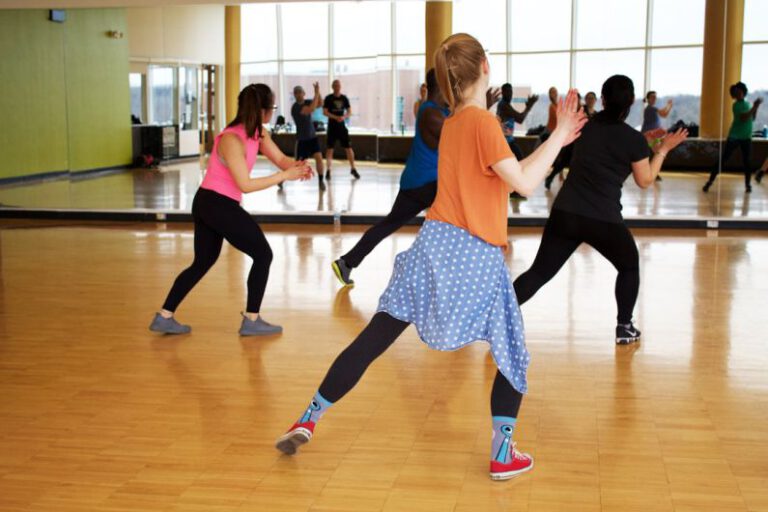The Role of Nutrition in Building Muscle
For individuals looking to build muscle, proper nutrition plays a vital role in achieving their fitness goals. While consistent training is crucial, what you eat and when you eat it can significantly impact your muscle-building progress. Understanding the role of nutrition in building muscle is essential for maximizing your results and optimizing your performance in the gym.
**The Importance of Protein**
Protein is often referred to as the building block of muscle, and for good reason. When you engage in strength training or resistance exercises, you create micro-tears in your muscle fibers. To repair and grow these fibers, your body requires an adequate intake of protein. Consuming protein-rich foods such as lean meats, poultry, fish, eggs, dairy products, legumes, and tofu provides your muscles with the amino acids they need to recover and grow. Aim to include a source of protein in every meal and snack to support muscle protein synthesis throughout the day.
**Carbohydrates for Energy**
Carbohydrates are the body’s primary source of energy, especially during high-intensity workouts. When you lift weights or engage in intense physical activity, your body relies on glycogen stores for fuel. Including complex carbohydrates like whole grains, fruits, vegetables, and legumes in your diet ensures that your muscles have an adequate supply of glycogen to support your workouts. Timing your carbohydrate intake around your training sessions can help optimize performance and recovery.
**Healthy Fats and Hormone Regulation**
While protein and carbohydrates are essential for muscle building, healthy fats also play a crucial role in supporting your fitness goals. Fats are necessary for hormone production, including testosterone, which is a key hormone for muscle growth. Incorporating sources of healthy fats such as avocados, nuts, seeds, olive oil, and fatty fish into your diet can help regulate hormone levels and support overall health. Be mindful of portion sizes, as fats are calorie-dense, but do not shy away from including them in your meals for optimal muscle-building benefits.
**Hydration and Muscle Function**
Proper hydration is often overlooked but is critical for muscle function and recovery. Dehydration can impair exercise performance and hinder muscle repair processes. Aim to drink an adequate amount of water throughout the day, especially before, during, and after your workouts. For intense training sessions, consider consuming a sports drink or electrolyte-enhanced water to replenish fluids and electrolytes lost through sweat. Staying hydrated supports muscle function, nutrient delivery, and waste removal, all of which are essential for building and maintaining muscle mass.
**Strategic Meal Timing**
In addition to focusing on the quality of your nutrition, paying attention to meal timing can further enhance your muscle-building efforts. Consuming a balanced meal or snack containing protein and carbohydrates within an hour of finishing your workout can kickstart the muscle recovery process and replenish glycogen stores. Eating a combination of protein and carbohydrates before bed can also support muscle protein synthesis during the night. Paying attention to the timing of your meals and snacks can help optimize nutrient delivery to your muscles and support your fitness goals.
**Adjusting Caloric Intake**
To build muscle effectively, you need to consume an appropriate number of calories to support your training and recovery needs. Consuming too few calories can hinder muscle growth, while consuming too many can lead to unwanted fat gain. Monitor your progress and adjust your caloric intake based on your goals. If you are looking to build muscle, aim for a slight caloric surplus to provide your body with the energy it needs to support muscle growth. Working with a nutritionist or dietitian can help you determine the right caloric intake for your individual needs.






